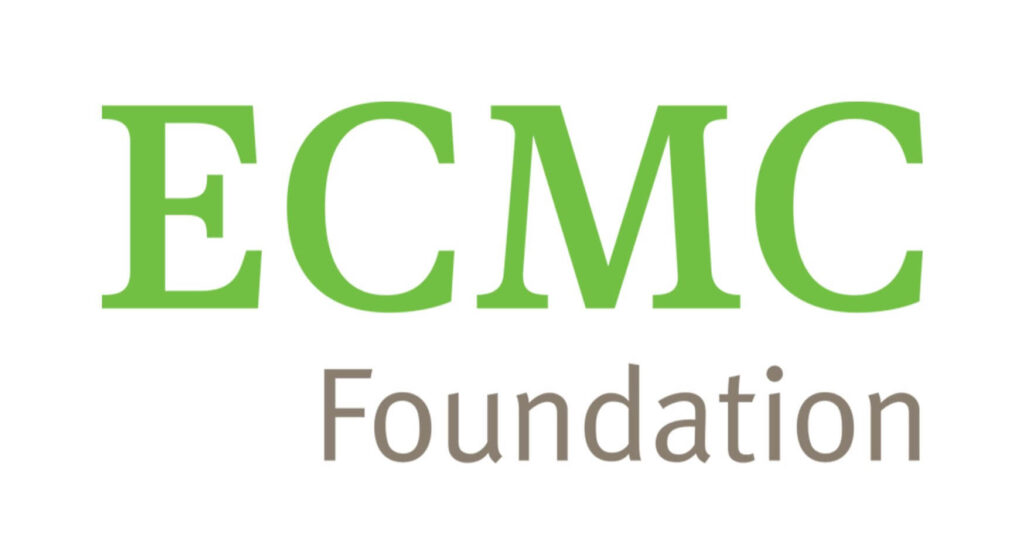We are excited to share that we have received a new grant from the Digital Skills, Education, and Workforce (DSEW) program within the Tennessee Department of Economic and Community Development (TNECD). The state of Tennessee has allocated $162.7 million in broadband and digital opportunity grants to enhance digital access across the state. These investments will benefit over 236,000 Tennesseans across 92 counties as a part of a broader strategy to ensure high-speed internet access statewide by 2028. This effort is critical for fostering education, job training, and greater opportunities for all residents.
The purpose of our DSEW grant is to increase digital skills and literacies among the low-income, first-generation students served in our TRiO grants. DSEW grant funds will allow us to construct a mobile-ready computer lab, provide students with WiFi connectivity hotspots, and provide students with instruction in, and hands-on experience with, in-demand computer and digital skills to help them succeed in college and compete in the workforce. All students served by our program will have the opportunity to complete certificates in basic computer skills, internet basics, Microsoft Office, information literacy, and career search skills.
TNECD is dedicated to positioning Tennessee as the premier destination in the Southeast for high-quality jobs. TNECD’s mission involves developing and implementing strategies to attract new investments while supporting the expansion and economic growth of existing Tennessee businesses. By fostering a favorable business environment, TNECD aims to enhance the state’s economic landscape, create job opportunities, and ensure sustainable economic development. The department’s efforts are important in driving innovation, improving the workforce, and maintaining Tennessee’s competitive edge in the regional and national markets.
To learn more about TNECD’s commitment to digital literacy please read TNECD’s latest article.



